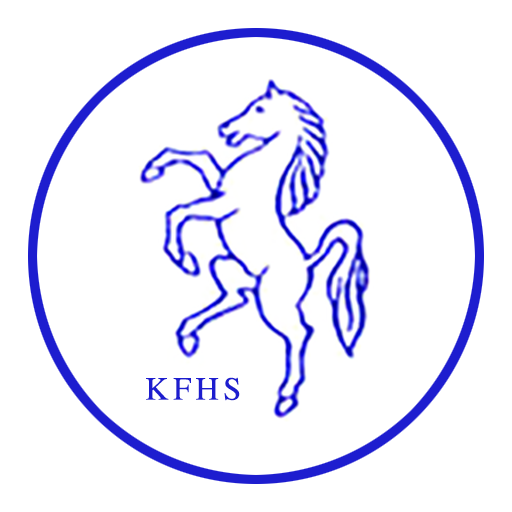Following advice from the UK Expert Committee on Pesticides (ECP) and the Health and Safety Executive (HSE), DEFRA has announced a ban on the outdoor use of metaldehyde, a pesticide used to control slugs in a range of crops and in gardens, from Spring 2020 due to its unacceptable risk to birds and mammals.
DEFRA suggests that alternatives be considered, such as ferric phosphate, which is approved for use by organic gardeners and does not carry similar risks.
Ongoing research and trials indicate that ferrous phosphate is just as effective as metaldehyde, but it works in a different way. Metaldehyde causes slugs to dehydrate and die leaving their chemically contaminated bodies on the surface where birds and mammals have open access to them. Ferrous phosphate stops a slug from eating, so it returns to its hiding place or underground where it dies.
Ferrous phosphate pellets are currently a little more expensive than metaldehyde, but if applied using manufactures recommendations, the difference in price for most domestic gardeners should be negligible.
The sale and distribution of metaldehyde slug pellets will end on 30 June 2019 and the disposal, storage and use of existing stocks will end on 30 June 2020.
If you wish to safely dispose of your metaldehyde pellets (or any other chemicals and/or containers) then take them to your local recycling centre. All local councils are equipped with facilities for residents to dispose of hazardous waste at such facilities.
